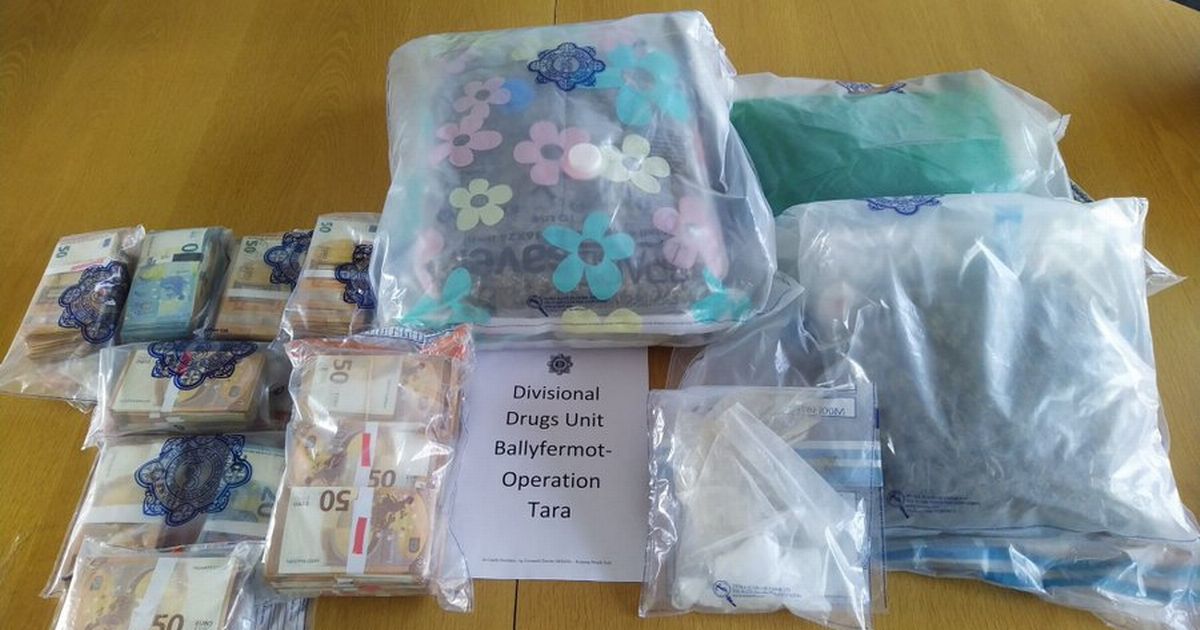Watch: What’s behind inflation in the eurozone?

Russia’s war in Ukraine has pushed energy and food prices — which were already on an upward trajectory due to strong demand, labour shortages and supply chain disruptions post-COVID — even higher.
The eurozone is no outlier with inflation reaching a new high of 8.6% in June.
Inflation, which measures the rate of increase in prices of essential goods and services, has forced central banks to tighten their monetary policy in a bid to derail any further increases.
This has led the European Central Bank to deliver its first interest rate hike in 11 years in July and to signal that more increases are ahead in the coming months.
Yet uncertainty over how the war in Ukraine will play out and the impacts it will continue to have on markets worldwide have prompted the ECB, whose main mandate is to keep inflation as close to its 2% target as possible, to raise its inflation forecasts for the year to 6.8% and to 3.5% in 2023.




